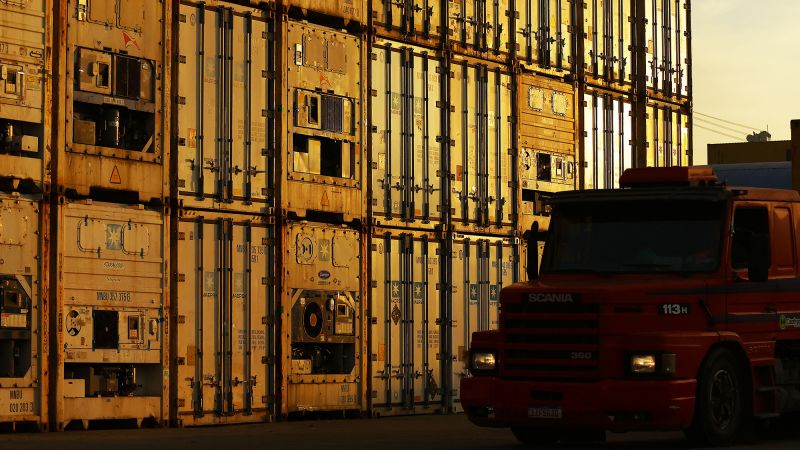Trump's Tariff Troubles with Brazil
A look at the controversial use of tariffs by President Trump and its impact on Brazil's political landscape.
The **Brazilian Government** is the federal authority governing the Federative Republic of Brazil, a large South American country composed of 26 states and a federal district. It operates as a federal presidential constitutional republic with three independent branches: the executive, legislative, and judicial. The executive branch is led by the President, who serves as both the head of state and government, supported by a cabinet of ministers. Legislative power lies with the bicameral National Congress consisting of the Federal Senate and the Chamber of Deputies. The judiciary includes the Supreme Federal Court and other federal courts. The seat of government is Brasília[1][9]. Historically, Brazil’s federal government has evolved to balance powers between the national and subnational governments, guided by the 1988 Federal Constitution, which is the supreme legal framework. It emphasizes representative democracy and federalism. In recent years, the government has pursued ambitious reforms and programs aimed at social justice, economic reindustrialization, and environmental sustainability, including a goal for zero illegal deforestation by 2030 and an Ecological Transformation Plan to foster green jobs and reduce environmental impact[3]. Key achievements include Brazil’s leadership in open government initiatives coordinated by the Comptroller-General of the Union (CGU), promoting transparency and anti-corruption through multi-stakeholder collaboration with civil society. The government launched the *Brasil Soberano* Plan in 2025 to protect exporters and workers from U.S. tariff increases by supporting credit, tax relief, and diplomatic efforts across sectors like technology, agribusiness, and manufacturing[2][4]. Currently, Brazil maintains a complex political landscape with multiple parties ranging from left-wing to right-wing ideologies, with the Brazil of Hope Federation holding a parliamentary majority. Challenges remain in social equity, police reform, and political violence. Yet, the government continues fiscal management with transparency, fostering investment climate improvements and technological innovation as part of its economic agenda[5][6][7]. Notably, Brazil’s governmen
A look at the controversial use of tariffs by President Trump and its impact on Brazil's political landscape.

#us #brazil #trade #tariffs #bolsonaro
President Trump has threatened steep tariffs on Brazil's exports if they do not put an end to the highly controversial 'witch hunt' trial involving top government officials.